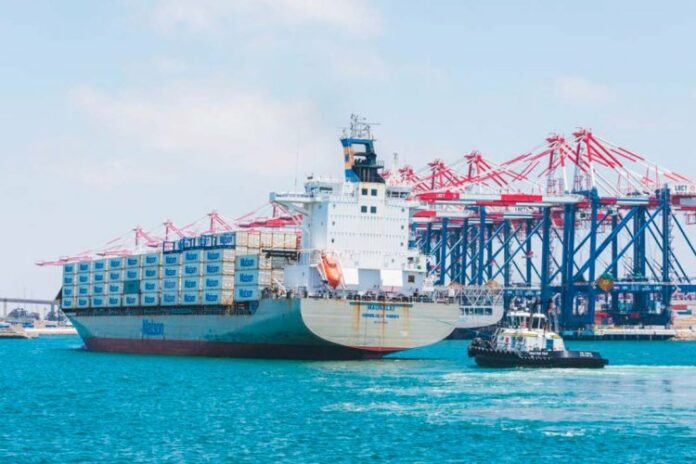The Tri-gen system uses biogas to produce renewable electricity, renewable hydrogen, and usable water, and was built to support the vehicle processing and distribution center for Toyota Logistics Services at Long Beach, Toyota’s largest North American vehicle processing facility, which receives approximately 200,000 new Toyota and Lexus vehicles annually.
“FuelCell Energy and Toyota’s collaborative effort signifies technological innovation and also positions Long Beach at the forefront of global leadership in renewable energy solutions,” said Long Beach Mayor Rex Richardson. “This transformative initiative solidifies our city’s status as a trailblazer in green initiatives and shows our dedication to a cleaner, more sustainable future for our community and beyond.”
“The dawn of the renewable hydrogen era is upon us, thanks to our collaboration with Toyota, FuelCell Energy and their innovative Tri-gen system,” said Port of Long Beach CEO Mario Cordero. “The green power generated by the Tri-gen system, and similar projects, is part of our multilayered strategy to fuel our goal to become the world’s first zero-emissions Port.”
FuelCell Energy’s Tri-gen system opened last fall, producing green hydrogen, renewable electricity and usable water converted from biogas at California landfills.
The system is capable of generating up to 1,200 kg/day of hydrogen for fuel cell electric vehicles – the Toyota Mirai – imported to the terminal, and to supply an adjacent hydrogen refueling station to support Toyota Logistics Services and heavy-duty drayage trucks operating in the port complex.
“The goal of our collaboration with FuelCell Energy was to find sustainable solutions for the TLS vehicle processing facility here at the Port of Long Beach as part of our goal to remove carbon dioxide emissions from our operations,” said Group Vice President of Sustainability and Regulatory Affairs at Toyota Tom Stricker. “This groundbreaking facility shows that there are ways to reduce our emissions and burden on natural resources with scalable technology based on hydrogen.”
The water byproduct of hydrogen generation can produce up to 1,400 gallons of usable water, which is being repurposed for Toyota’s car wash operations for vehicles that come into port before customer delivery, helping to reduce the demand on local water supplies by approximately half a million gallons per year.
The combustion-free process is a first of its kind nationally, reducing more than 9,000 tons of carbon dioxide emissions and avoiding 6 tons of nitrogen oxide emissions.
“Tri-gen demonstrates that hydrogen-based energy benefits businesses, delivers zero-emission transportation for light- and heavy-duty transportation, supports improved air quality in local communities, reduces water usage, and delivers immediate and long-term benefits to the environment,” FuelCell Energy CEO and President Jason Few said. “As a company, we are living our purpose when we enable visionary customers like Toyota to decarbonize their operations and harness the energy solutions offered by hydrogen — all while leaving communities with cleaner air and easing the strain on power grids and water supplies.”



